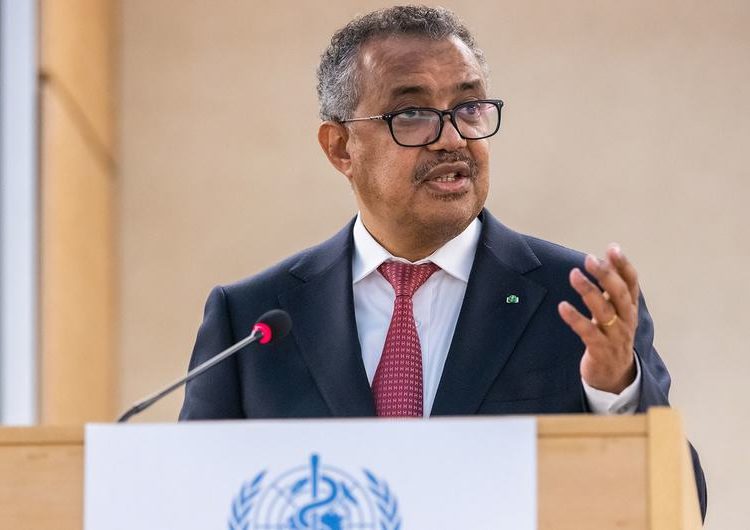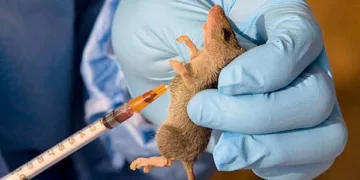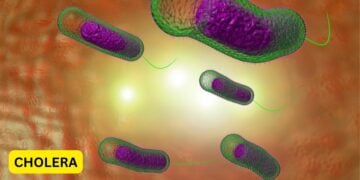The European Union (EU) and the World Health Organisation (WHO) have renewed their joint commitment to advancing universal health coverage (UHC) with the launch of Phase V (2025–2028) of the UHC Partnership, WHO’s largest platform for strengthening health systems worldwide.
This was disclosed on Monday by the European Commissioner for International Partnerships, Jozef Síkela, and WHO Director-General, Dr Tedros Adhanom Ghebreyesus, on the sidelines of the 80th United Nations General Assembly in New York.
Under the new phase, the EU is providing €40 million in financial support, with an additional contribution expected in 2027. The funds will be used to help countries build resilient, equitable, and people-centred health systems, a cornerstone of efforts to achieve health-related Sustainable Development Goals (SDGs).
Since its launch in 2011, the UHC Partnership has supported ministries of health in more than 115 countries to implement inclusive reforms, improve governance, strengthen health financing, and enhance responses to health emergencies. The programme has contributed to measurable improvements in service coverage, reaching more than three billion people globally.
Dr Tedros hailed the EU’s renewed commitment as a lifeline for millions. “Achieving health for all requires partnership among all, and the renewed collaboration between the European Union and WHO to advance universal health coverage will help millions of people around the world access the quality health services they need,” he said.
Síkela noted that investing in strong health systems was central to the EU’s Global Gateway strategy. “Strong health systems are the cornerstone of sustainable development, resilience, and global stability. Working together with WHO to achieve universal health coverage, and supporting local manufacturing, regulatory frameworks and skills, the EU affirms its commitment to ensuring that all people can access quality health services, when and where they need them, without facing financial hardship,” he stated.
Phase V of the partnership will prioritise strengthening health financing, governance, and reforms; supporting evidence-based planning and policy dialogue; ensuring affordable, integrated service delivery, including sexual and reproductive health and noncommunicable disease care; and promoting equity, gender equality, and climate resilience.
The initiative also aligns with the EU’s Global Health Strategy and WHO’s 14th General Programme of Work (GPW14). According to WHO, the partnership will be particularly critical at a time when countries are grappling with climate change, economic instability, and reduced development assistance.





